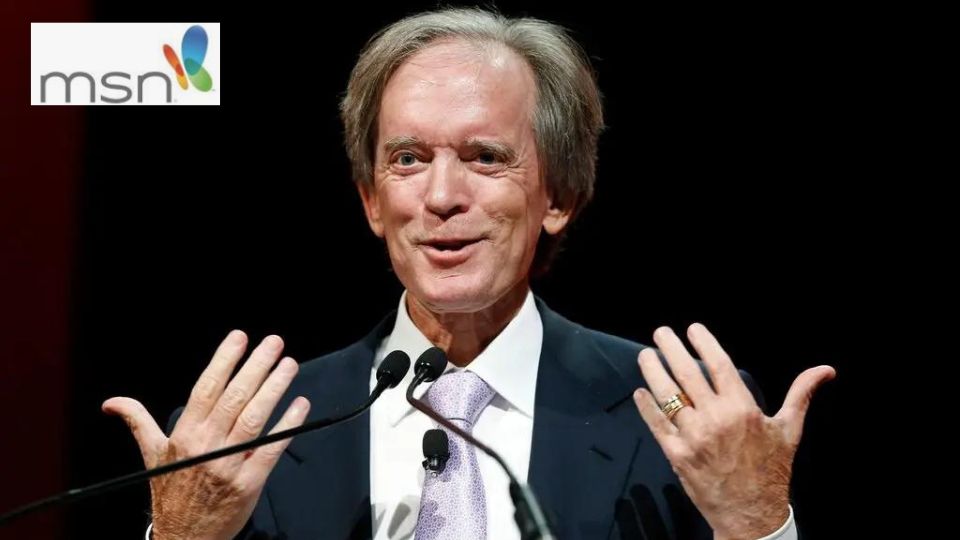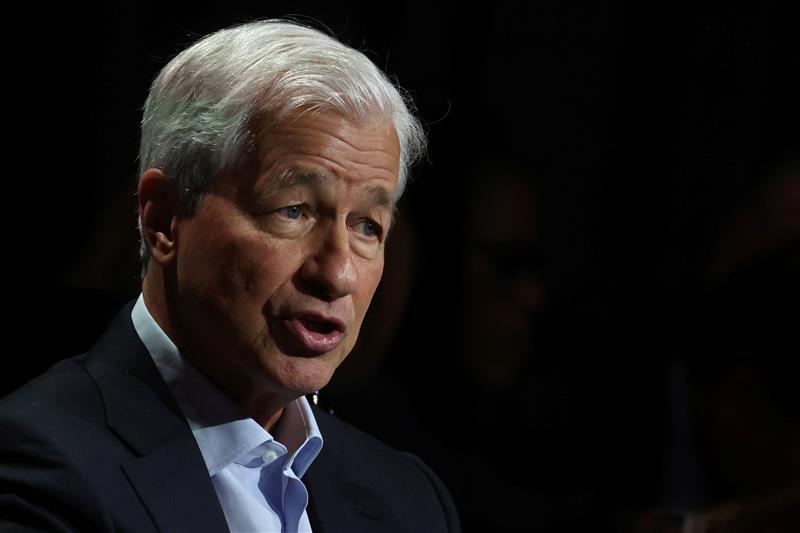
- Gross is also widely credited with pioneering the “total return” strategy in bond investing.
- This approach expanded traditional bond management by focusing not only on the interest income but also on capital gains, active trading, and risk management, allowing for a more dynamic and potentially profitable way to manage bond portfolios.
- “Yep, I said it, total return is dead,” the billionaire investor stated in a post on Twitter.
- “Don’t let them sell you a bond fund. You’re only clipping coupons, don’t expect capital appreciation.”
Why he says you shouldn't 'expect capital appreciation'
Bill Gross knows a few things about the bond market. He co-founded the Pacific Investment Management Company (PIMCO) in 1971, where he managed the PIMCO Total Return Fund, which became one of the largest bond funds in the world under his leadership.
Gross is also widely credited with pioneering the “total return” strategy in bond investing. This approach expanded traditional bond management by focusing not only on the interest income but also on capital gains, active trading and risk management, allowing for a more dynamic and potentially profitable way to manage bond portfolios.
While his legendary career in the bond market earned him the nickname “Bond King,” Gross is no longer optimistic about the very concept that he helped popularize.
“Yep, I said it, total return is dead,” the billionaire investor stated in a post on X (formerly known as Twitter), sharing a link to his latest investment outlook. “Don’t let them sell you a bond fund. You’re only clipping coupons, don’t expect capital appreciation.”
Clipping coupons
In an investment context, clipping coupons refers to the act of collecting interest payments from bonds. Historically, bonds were issued with physical coupons attached to them. These coupons represented the interest payments due to the bondholder, and they had to be physically clipped and presented to the bond issuer or a bank to receive the interest payment.
Nowadays, the term is used metaphorically since most bonds are electronic and interest payments are typically made directly to the bondholder's account. Nonetheless, Gross’ message is clear: investors are only receiving interest payments and should not expect capital gains through the sale of bonds at higher prices.
In his investment outlook, Gross explains that PIMCO’s total return concept originated in the early 1980s, a time when the bond market environment was vastly different from today.
“Such commonsensical brilliance emanated from a 15%, 30-year Treasury yield and the observation that based on rock bottom durations of 6-7 years they could go to 17.5% before an investor would be in the red,” he wrote. “Not slam dunk at the time but close.”
That strategy, Gross recalled, worked until the summer of 2020, “when 10-year yields bottomed at 53 basis points and these ‘investments’ came to resemble Sisyphus headed downhill — 2 steps down, one step back up in price.”
Simply put, yields had become substantially lower than they once were, which meant there was less potential for bondholders to benefit from price appreciation. The price of a bond and its yield are inversely related: when the price of a bond increases, its yield decreases, and vice versa.
'Not gonna happen'
Fast forward to today, Gross noted that bond bulls anticipate rate cuts from the U.S. Federal Reserve and 10-year yields to move to 4%. His response to these expectations?
“Not gonna happen.”
Instead, Gross believes the government will be issuing a lot of debt, stating: “The U.S. economy requires fiscal deficits and net increases in Treasury debt of 1-2 trillion or more annually in order for the economy to grow.”
A substantial increase in the supply of bonds could depress their prices, and that does not bode well for bondholders.
“Those that argue for lower rates have to counter the inexorable upward climb in Treasury supply and the likely Sisyphean decline in bond prices. Total return is dead,” Gross cautioned.
This isn't the first time he has shown hesitancy toward bonds. In an interview with Bloomberg earlier this year, Gross said, “I like dabbling in the equity market more than bonds.”
Story by Jing Pan - Redacted shorter to keep to important points and bullet points added by HGG https://www.msn.com/en-us/money/savingandinvesting/total-return-is-dead-billionaire-bond-king-bill-gross-rings-death-knell-for-the-investment-strategy-he-pioneered-why-he-says-you-shouldn-t-expect-capital-appreciation/ar-BB1nbxfO?ocid=winp2fptaskbarhoverent&cvid=01c80e7982e74caf9a783ed63f98013f&ei=23&sc=shoreline



